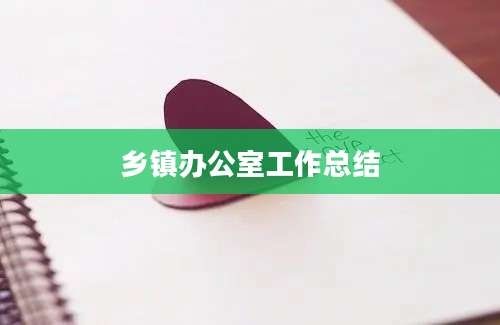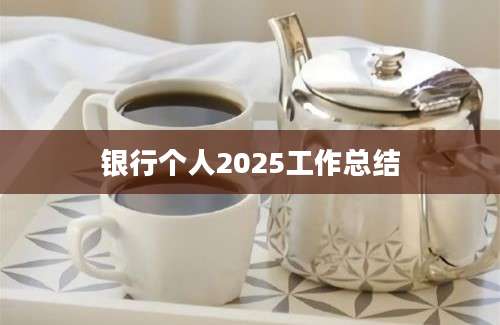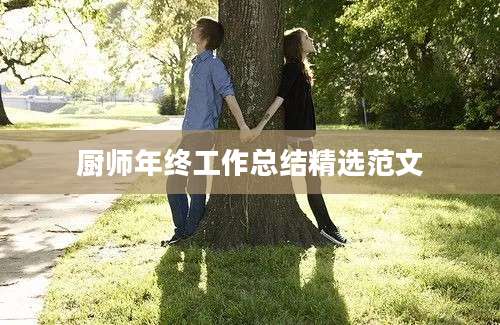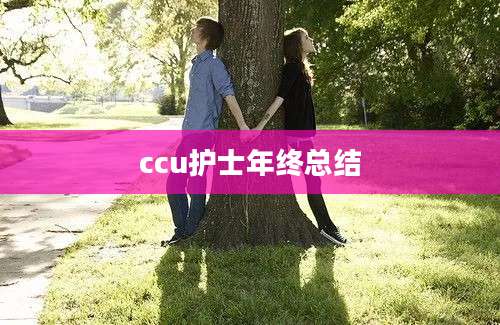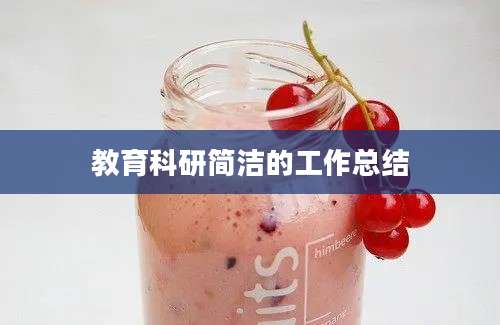范文:

Title: A Comprehensive Guide to Traditional Chinese Medicine in English
Introduction:
Traditional Chinese Medicine (TCM) has been practiced for thousands of years, offering a unique approach to healthcare that focuses on balancing the body, mind, and spirit. This guide provides an overview of TCM in English, covering its history, principles, commonly used herbs, and treatments.
I. History of Traditional Chinese Medicine
Traditional Chinese Medicine has a rich history that dates back over 5,000 years. It originated in ancient China and has evolved over time, incorporating various philosophies and practices.
II. Principles of TCM
The core principles of TCM include Yin and Yang balance, Five Elements theory, and the concept of Qi (vital energy). These principles guide the diagnosis and treatment of diseases.
III. Commonly Used Herbs in TCM
TCM utilizes a wide range of herbs to treat various conditions. Some of the most commonly used herbs include:
Ginseng (Panax ginseng)
Goji Berry (Lycium barbarum)
Licorice (Glycyrrhiza uralensis)
Astragalus (Astragalus membranaceus)
IV. Treatments in TCM
TCM offers a variety of treatments, including herbal medicine, acupuncture, massage, and dietary therapy. Each treatment is tailored to the individual's specific needs and imbalances.
V. Acupuncture
Acupuncture is a key component of TCM, involving the insertion of fine needles into specific points on the body to stimulate Qi flow and promote healing.
VI. Massage
Massage therapy, known as Tui Na in TCM, involves the manipulation of soft tissues and the application of pressure to relieve muscle tension and improve circulation.
VII. Dietary Therapy
Dietary therapy in TCM emphasizes the importance of balancing one's diet according to their constitution and the season. Certain foods are considered to have medicinal properties and can be used to treat specific conditions.
VIII. Modern Applications of TCM
TCM has gained international recognition and is now widely practiced worldwide. Modern research continues to explore the effectiveness and mechanisms of TCM treatments.
IX. Safety and Side Effects
While TCM is generally safe, it's important to use herbs and treatments under the guidance of a qualified practitioner to avoid potential side effects.
X. Conclusion
Traditional Chinese Medicine offers a holistic approach to healthcare that complements conventional medicine. By understanding its principles and practices, individuals can make informed decisions about their healthcare options.
常见问答知识清单及解答:
1. 什么是中药?
中药是指在中国传统医学中使用的各种草药、矿物和动物产品,用于预防和治疗疾病。
2. 中药的历史有多久?
中药的历史可以追溯到大约5000年前。
3. 中药的原理是什么?
中药的原理包括阴阳平衡、五行学说和气(生命能量)的概念。
4. 常用的中药有哪些?
常用的中药包括人参、枸杞、甘草和黄芪等。
5. 中药治疗有哪些形式?
中药治疗形式包括草药、针灸、按摩和饮食疗法等。
6. 针灸是如何工作的?
针灸通过在身体特定穴位上插入细针来刺激气(生命能量)的流动,以促进治愈。
7. 按摩在中药中的作用是什么?
按摩,即中医中的推拿,通过按摩软组织和施加压力来缓解肌肉紧张并改善血液循环。
8. 中药饮食疗法是什么?
中药饮食疗法强调根据个人体质和季节平衡饮食,某些食物被认为具有药用价值,可用于治疗特定疾病。
9. 中药的安全性如何?
中药通常被认为是安全的,但必须在合格从业者的指导下使用,以避免潜在副作用。
10. 中药在现代社会中的应用如何?
中药在现代社会中被广泛接受和实践,现代研究继续探索中药治疗的有效性和机制。






